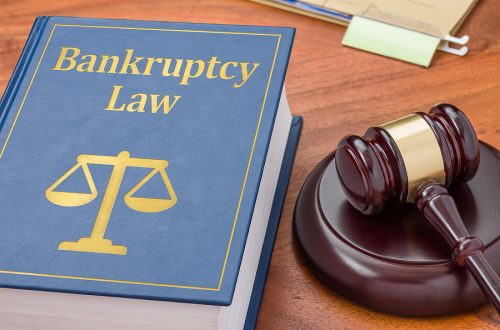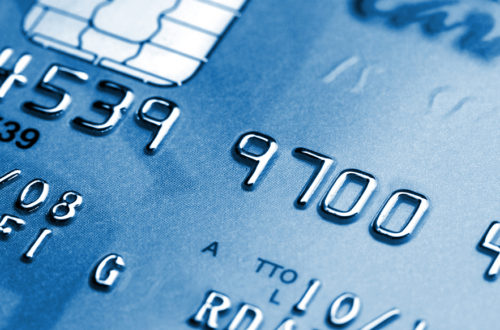When someone is facing a credit card collection action, the last thing that person wants is to have his or her wages garnished by the credit card company. However, credit card companies do have the right to garnish a cardholder’s wages, just like any other creditor.
Before credit card debt can be collected, it must be considered delinquent. At the time a person gets a credit card, he or she enters into an agreement to make monthly payments. If these payments are not made on time, that contract is considered broken and the debt delinquent. Once this happens, the credit card company is within its right to collect on the debt. Normally, missing a credit card payment results in a significant interest rate hike, but if the debt goes unpaid for too long, the credit card company can file a legal action to collection on the debt.
This step is where garnishment comes into play. Credit card companies cannot garnish the cardholder’s wages without first filing a legal complaint to collect on the debt and serving the complaint on the cardholder. The accountholder has a chance to respond to the complaint and file an answer within a set period of time. If he or she does not respond, the credit card company can obtain a default judgment against the cardholder, speeding up the process. However, if the cardholder does respond, the credit card company must prove that the debt is owed at a hearing before a judge.
Protection against Garnishment
The fact that a creditor or debt collector can obtain a garnishment does not mean that the cardholder has zero protection. If someone is in danger of having his or her wages garnished by a credit card company or debt collector, certain steps can be taken to protect that person’s wages. One action a cardholder can take is to work with the creditor to settle the debt in lieu of going to court. At the end of the day, the creditor will want to receive payment and would much rather save the legal costs of taking someone to court to get a judgment. Even if the settlement is less than the amount owed, they may be willing to negotiate to make the whole case go away.
If settlement is not a possibility, this fact does not mean that all of the person’s wages are at risk. Florida law limits how much a creditor can garnish from a person’s paycheck. For the most part, Florida follows federal wage garnishment laws, but exemptions are available in Florida which put a limit on how much a creditor can garnish. Florida exemptions allow creditors to take up to 25 percent of a person’s wages but only if that person’s wages meet a minimum threshold.
Wage garnishment can only come after a court ruling. Creditors cannot on their own remove money from your bank account. The court must make a judgment that allows them to do so. Bankruptcy is a viable option for someone who is facing the possibility of a wage garnishment.
If you have questions on this topic or are in financial crisis and considering filing for bankruptcy, contact an experienced Miami bankruptcy attorney who can advise you of all of your options. As an experienced CPA as well as a proven bankruptcy lawyer, Timothy Kingcade knows how to help clients take full advantage of the bankruptcy laws to protect their assets and get successful results. Since 1996 Kingcade Garcia McMaken has been helping people from all walks of life build a better tomorrow. Our attorneys’ help thousands of people every year take advantage of their rights under bankruptcy protection to restart, rebuild and recover. The day you hire our firm, we will contact your creditors to stop the harassment. You can also find useful consumer information on the Kingcade Garcia McMaken website at www.miamibankruptcy.com.
Source: https://www.nolo.com/legal-encyclopedia/can-credit-card-companies-garnish-wages.html


